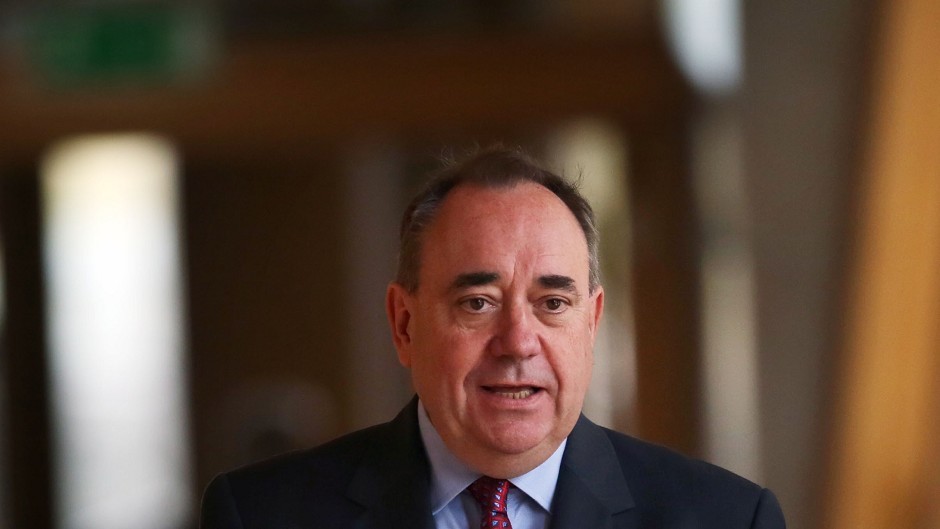Councils will soon be banned from using the electoral register to track down people who owe millions of pounds in unpaid poll tax.
First Minister Alex Salmond announced yesterday that the Scottish Government intended to bring forward legislation to prevent local authorities from collecting “ancient” debts from 25 years ago.
Councils will still be at liberty to use the updated electoral register to pursue people who have not paid their council tax, however.
But Jim Gifford, leader of Aberdeenshire Council said the news was a “remarkable” turn of events because a “debt is a debt”.
He claimed the announcement sends out a “terrible” message to people who were being told it was OK not to pay up because the Scottish Government would write it off in the future.
Mr Gifford said: “It is entirely unfair on people who do pay their bills if we don’t recover the money owed to us – a debt is a debt.”
Aberdeenshire Council is owed £1.67million in uncollected poll tax and the Conservative councillor said the government must provide compensation.
North-east Conservative MSP Alex Johnstone said: “If this is the Scottish Government’s approach on tax collection, why should anyone bother paying any tax at all?
“This is a move geared towards winning a few extra votes, and is nothing but a tax-dodger’s charter.”
But north-east Labour MSP Richard Baker said he thought there was merit in writing off poll tax debt on the basis councils were properly compensated.
But he added that the SNP’s approach to tax collection was inconsistent because the party pursed unpaid poll tax while in power in Aberdeen – which is pursuing about £1.8million in poll tax arrears – and promised to close tax avoidance loopholes if people backed independence.
The poll tax, officially called the Community Charge, was introduced by the Conservatives in 1989 and scrapped four years later after public protests.
A total of £396,000 in old Poll Tax debts was collected by Scottish councils last year but millions of pounds are still outstanding.
Mr Salmond said: “It is the government’s intention to bring forward legislation to ensure that councils can take forward no further action to recover ancient poll tax debts.”
The Scottish Government said local authorities would be compensated for outstanding amounts in line with current collection rates.
